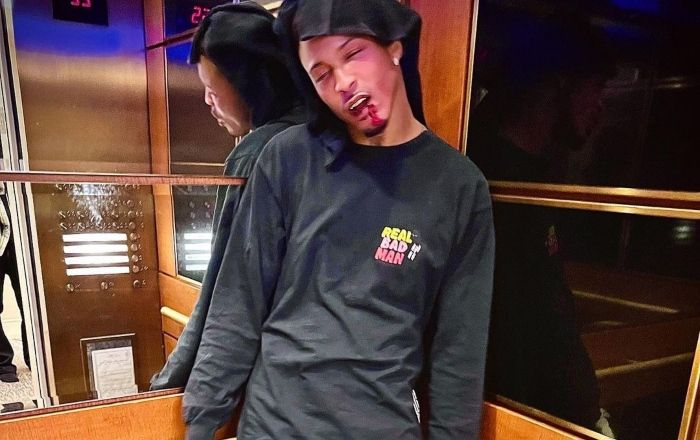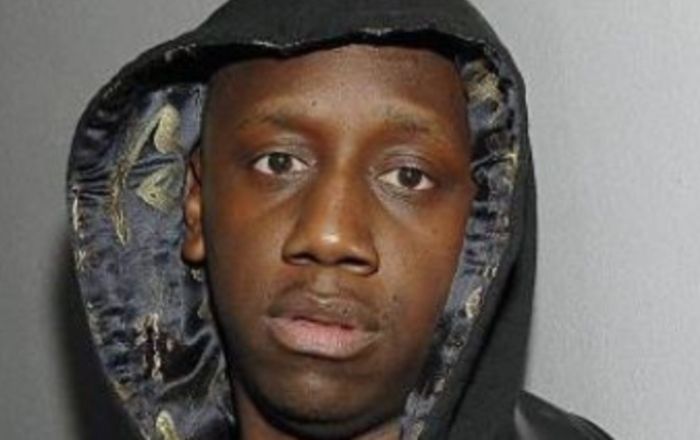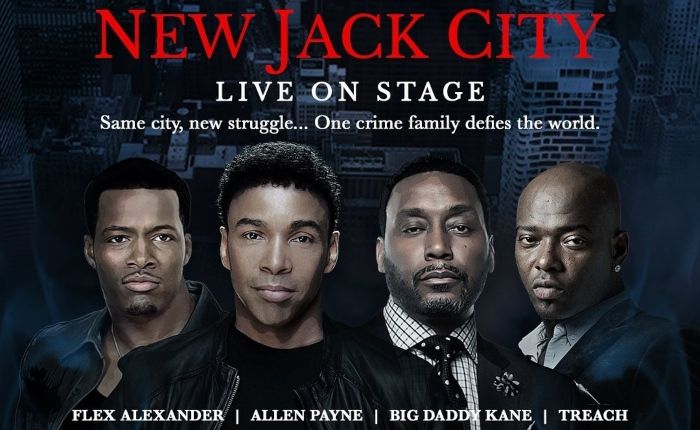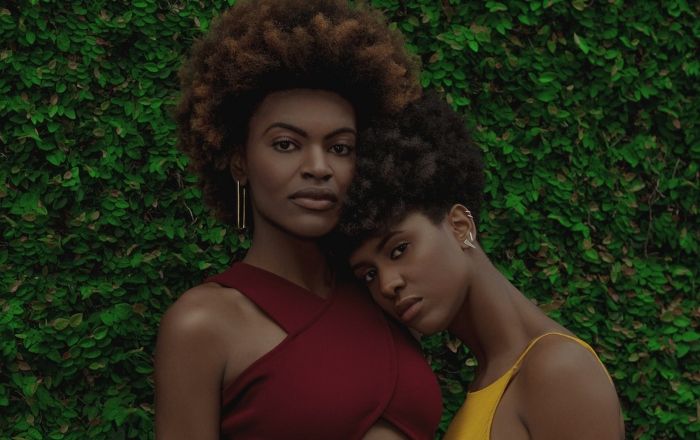There is this Bible verse that says something about a “woman’s hair being her glory.” Truth be told, there’s a lot in the Holy Book about women that I’m not 100% sure about, however, I never really understood the significance of that statement until I took the time to examine and appreciate the “glory” that is on top of a Black woman’s head. The luscious thick mane. The perfectly grown curls. The way it naturally stays in place, like a crown. Having experienced many hair transformations of my own (receipts upon request) from the male perspective, I can tell you almost everything about Black women’s hair over the years that I’m sure you can… and that’s where the problem started for me.
I’m a Black cis-gendered man who grew up with a Black momma, Black grand mommas, Black aunties, Black cousins, Black friends, and a beautiful younger Black sister. I have folks in my family whose careers have been built and are focused on Black beauty. For as long as I can remember they’ve always cared about their appearance and were diverse in their presentations when it came to their hair. I’ve witnessed braids, wigs, weaves, locs, fades, twists, and everything else a Black scalp could produce. I’ve also seen them adhere to a Eurocentric beauty standard, whether through relaxation, a straightening comb (which looked dangerous and scary at the same time) Jerri-curled or whatever else conformed to those born with straighter hair. Whether Caucasian or Indian, Asia or LatinX, whatever fit more of the white standard of beauty is what all women have had to wear at some point in their lives.
The facts are that Black women are 83% more likely to report being judged more harshly on their looks than other women at work. Black women are also 1.5 times more likely to be sent home from work because of their hair. And when they refuse to adhere to white standards of beauty they can be and are often fired.
Why are Black women still enslaved by the opinion of others, particularly when it comes to their hairstyles?
The most recent controversial act when it came to a black woman’s hair is when super legend Will Smith smacked equally legendary Chris Rock live on the Oscar stage due to a comment about Mrs’ Pickett-Smith’s hair. Now I have my own opinions about Lady Macbeth aka Jada Smith, but regardless, it was dubbed an act of “chivalry” to some and to others (in my best sarcastic Nicki Minaj voice) ask, was it really though? I mean, she looked absolutely beautiful with or without hair, and Chris Rock is the Lebron James of comedians why were so many folks ok with the violent act that took place on stage?
Whatever the verdict, the truth became obvious to me: whether good or bad, we police Black women’s hair, and in doing so, police Black women.
Years earlier, (at which I believe the first Jada joke was born) filmmaker Matthew Cherry created the animated short film Hair Love. The seven-minute short tells the story of a black father learning to do his Black daughter’s hair for the first time. The film earned Cherry an Oscar and a platform for which he used to introduce the audience to new legislation, The CROWN Act.
The CROWN Act is a California law that prohibits discrimination based on hairstyle and hair texture by extending protection under the FEHA and the California Education Code. It is the first legislation passed at the state level in the United States to prohibit such discrimination. It’s the support that matters. To be able to have options, and to know that you won’t be discriminated against or penalized for how you wear your natural hair.
The movement is by no means new. We’ve had happy and nappy icons from Angela Davis to the Black Panthers who taught communities the value of the skin they were in. In the words of fellow baldy Rep. Ayanna Pressley who spearheaded that legislation “We affirm that black is beautiful and so is our hair,” and they certainly have.
So then the question emerges: When it comes to the “standard of beauty,” who and what defines it? Are women really judged this harshly when it comes to superficial attributes, or are Black women the catalyst for realizing what we really value in society? Why do we fear a Black woman with braids but love a Kardashian with them? Why does a bald head equal less than? Why are Black women still enslaved by the opinion of others, particularly when it comes to their hairstyles?
I think short hair is pretty rad. And, being an 80’s baby, I grew up with 90’s beauties such as Nia Long, R&B Group Total, Family Matter’s big sister hottie Kellie Shanygne Williams, the Legendary Halle Berry, and most beautiful of all, my dope ass mom who rocked a short hairstyle for as long as I could remember.
Then there are the luscious Lauryn Hill locks that moved a generation and transformed century-old ideas of beauty. And the Whoopi Goldberg’s of the world who have always let their natural beauty shine in an industry made to not recognize their light.
We need to start valuing the contributions of a Black women instead of the white heteronormative ideas we were taught to have about them. These are women whom we admire, and whose talent and brilliance touch our hearts and souls.
Rapper Saucy Santana’s recently resurfaced comments about Blue IVY’s hair tell us mostly what we need to know about public opinion when it comes to the Black woman: no one cares to ask the Black woman. And even if we did, does Blu IVY really care about what a rapper who’s been famous for ten minutes thinks?
So I guess the lesson I took away from it was this: It is the texture. It is the color. It is the natural glow. It’s the volume. It’s the ability to transform into anything it wants. It’s the diversity. It is truly a crown, but not just that. It’s a part of the whole being. Black women are not their hair, but their hair is just an awesome part of who they are. It is a unique crown, not a crown that makes them unique. And with any crown, comes the freedom of ownership. Ownership of mind, body, and soul.
Readers Might Also Like:

August Alsina Says Tory Lanez Assaulted Him, Mocks Him In Social Media Post

Longtime Ludacris Manager, Chaka Zulu Charged With Murder For June Incident

[FIRST LOOK] Everything We Know About The Cast of Zatima, The Sistas Spin-Off
 Je’Caryous Johnson Brings ‘New Jack City’ To The Stage With New Stage Play
Je’Caryous Johnson Brings ‘New Jack City’ To The Stage With New Stage Play

